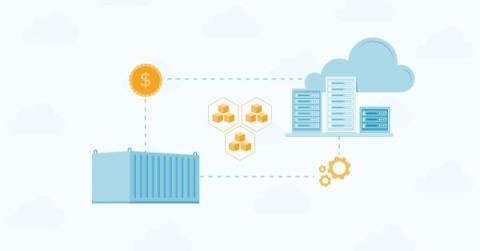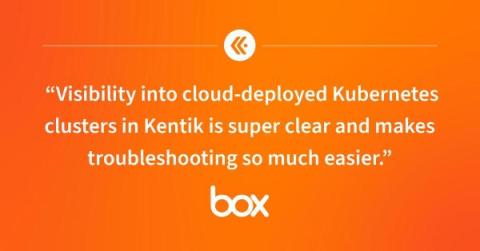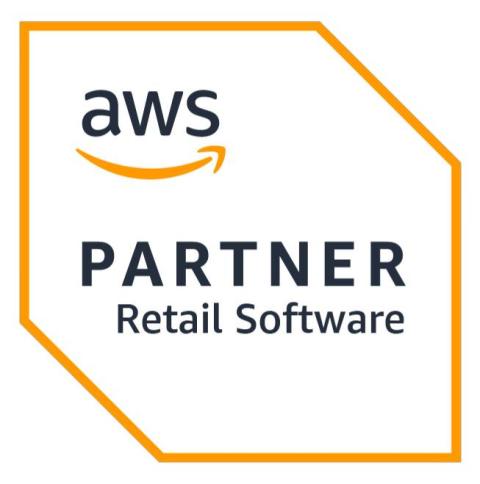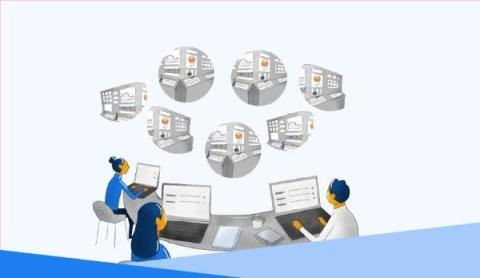Ep. 8: Building a Better Internet with John Engates
In this episode, Shon sits down with John Engates, Field CTO of Cloudflare, for an in-depth conversation that navigates the cutting-edge intersections of technology, privacy, and security. Dive into the backstory of Cloudflare's transformative 1.1.1.1 DNS service, which is redefining what it means to offer both speed and privacy in data transfer. Explore the early days of cloud computing with John's firsthand experience at Rackspace, and learn about the inception of OpenStack, the open-source cloud platform that has democratized understanding of cloud infrastructure.











